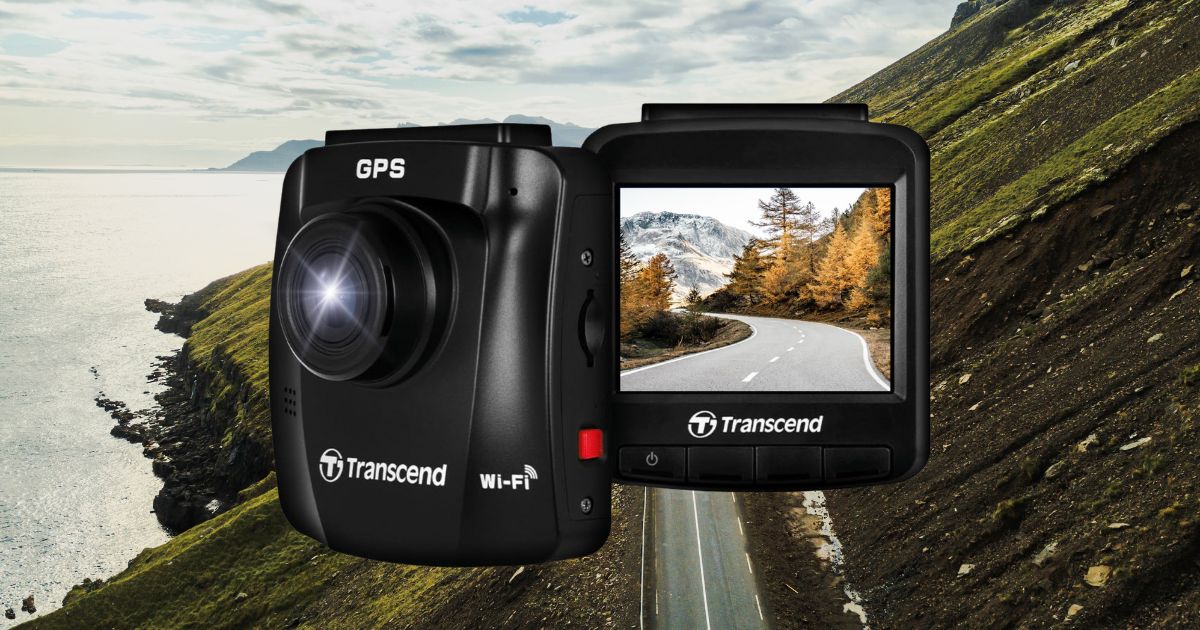Dash cameras, or auto dash cameras, have become essential gadgets for many drivers, offering an extra layer of security and peace of mind. However, with so many options on the market, choosing the right one can be overwhelming. To help you make an informed decision, let’s break down the key features you should consider when purchasing your next dash camera.
1. Video Quality
The most critical feature of any vehicle dash camera is its video quality. Look for cameras that offer at least 1080p Full HD resolution. Higher-resolution dash cameras for cars, such as those with 2K or 4K capabilities, provide even clearer and more detailed footage, which can be crucial in an accident or dispute. Additionally, cameras with a wide dynamic range (WDR) or high dynamic range (HDR) should be considered to ensure clear video capture in various lighting conditions.
2. Field of View
The field of view (FOV) of a dash cameras for vehicles determines how much of the road is captured in the footage. A wider FOV, typically between 120 to 180 degrees, allows the camera to record more of the surroundings, reducing blind spots. However, be cautious of extremely wide angles that may distort the image.
3. Night Vision
Driving doesn’t stop when the sun goes down, and neither should your dash cam’s recording quality. Ensure your camera for car dash has excellent night vision capabilities, which are usually achieved through infrared (IR) sensors or high-quality lenses with large apertures. This dash cam car camera feature is crucial for capturing clear footage in low-light conditions.
4. Loop Recording
Dash cams with loop recording continuously record and save video in small segments, usually 1 to 5 minutes long. When the dash camera for vehicles memory card is full, the camera automatically overwrites the oldest footage. This ensures that you always have the most recent video available without needing to manually delete old files.
5. G-Sensor and Parking Mode
A G-sensor detects sudden movements or impacts, such as those experienced during an accident. When triggered, the dash cam automatically saves the footage leading up to and following the event, protecting it from being overwritten. Parking mode allows the car camera dash to monitor your vehicle while it’s parked, recording any incidents that occur when you’re away from your car.
6. GPS and Speed Tracking
Some dash cams come equipped with GPS functionality, allowing you to record your vehicle’s speed and location alongside the video footage. This auto dash cam feature can be invaluable for providing additional context during an incident, such as proving your location or speed at the time of an accident.
7. Wi-Fi and App Connectivity
Modern cam dash car often feature Wi-Fi connectivity, enabling you to connect your camera to a smartphone app. This allows for easy access to recorded footage, real-time viewing, and adjusting settings without removing the memory card from the camera. It’s a convenient feature that adds significant value to your dash cam experience.
8. Storage Capacity and Expandability
Consider the dash cam's storage capacity and whether it supports expandable memory via SD cards. Larger storage capacities mean you can store more footage before it starts overwriting. Ensure the car in dash camera supports high-capacity SD cards (up to 128GB or more) to maximize recording time.
9. Audio Recording
While video footage is crucial, audio recording can also provide important context, capturing conversations or sounds that occur during an incident. Ensure your vehicle dash cameras have a built-in microphone and the option to disable audio recording if needed.
10. Reliability and Build Quality
A dash cam is an investment in your safety and security, so it’s essential to choose a reliable and well-built device. Look for car dash dashboard camera from reputable brands with positive reviews, solid warranties, and good customer support. Weather-resistant and durable designs are also important, especially if you plan to use the dash cam in extreme conditions.
Conclusion
When choosing a dash camera car, it’s essential to consider these key features to ensure you get a device that meets your needs and provides reliable performance. High video quality, wide field of view, night vision, loop recording, G-sensor, GPS functionality, Wi-Fi connectivity, ample storage, audio recording, and robust build quality are all crucial factors that will help you capture clear and useful footage on the road. By prioritizing these features, you can make an informed decision and find the perfect dash cam to enhance your driving experience and safety.

